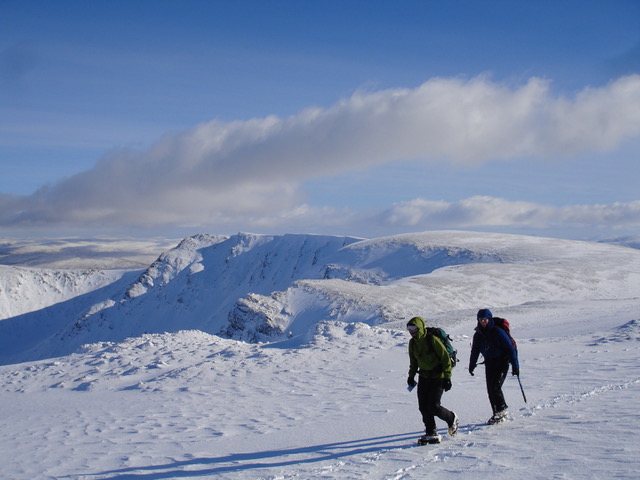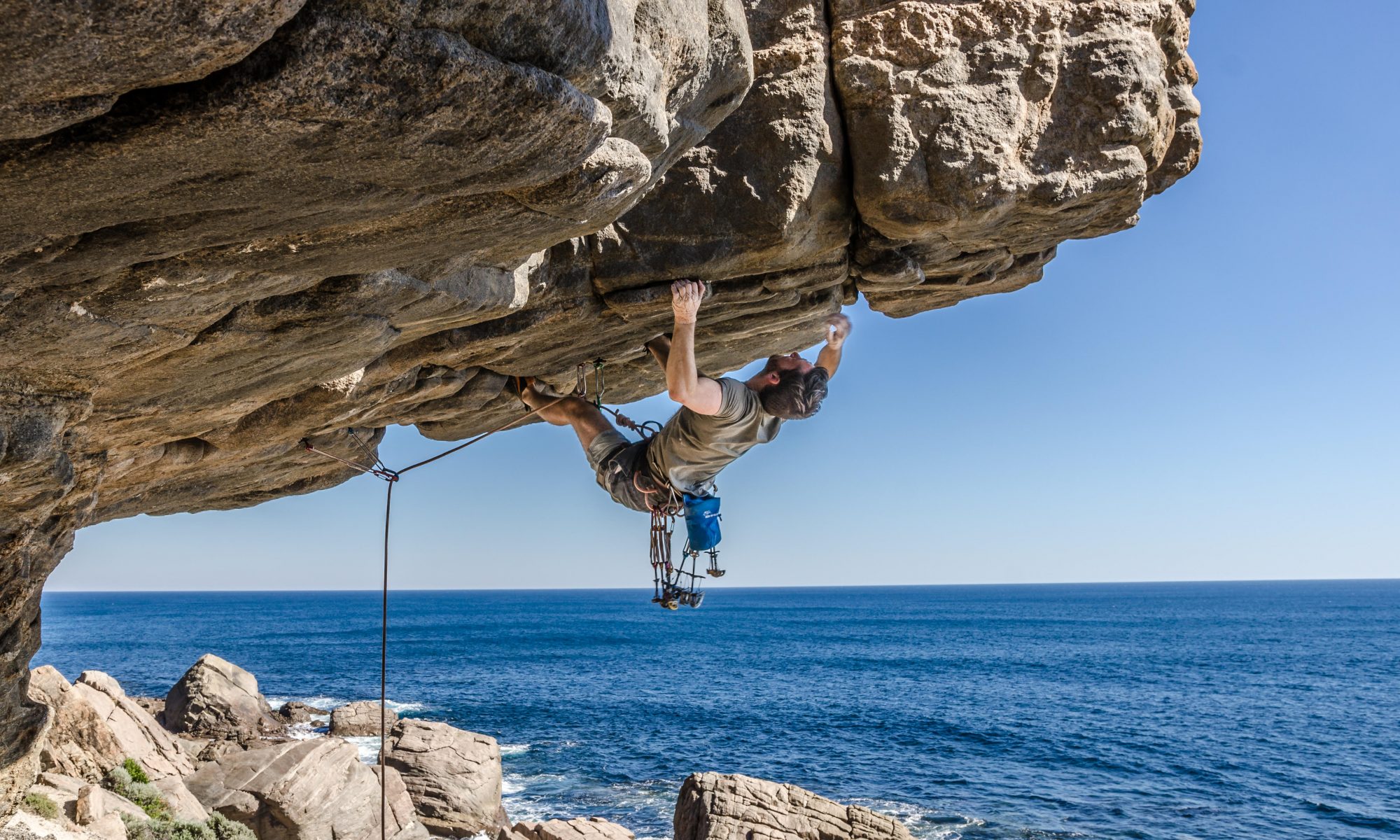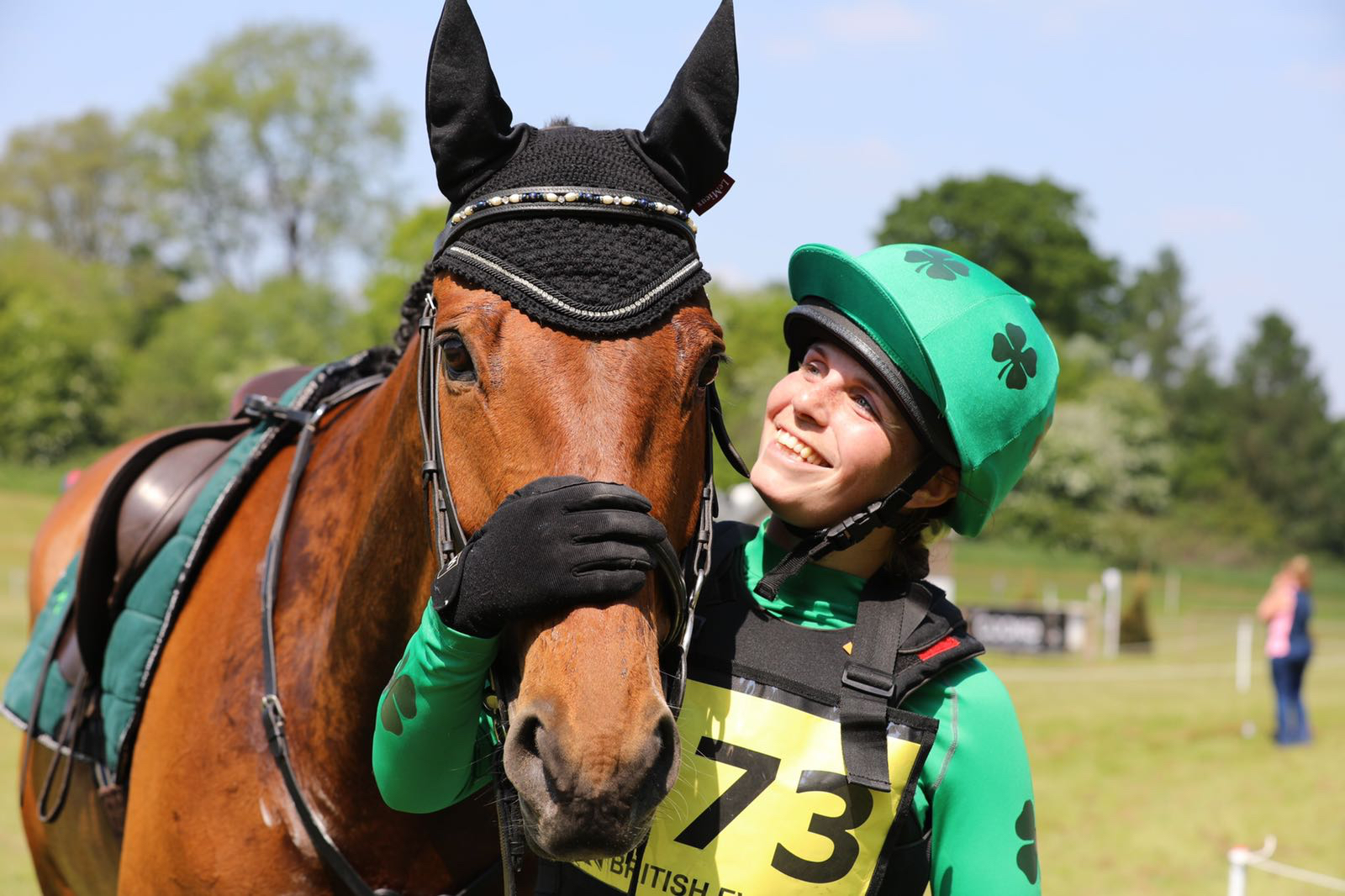Fluid dynamics, weather systems and coaching adventure sports

Rolling clouds over a snow-capped Craig Megaidth. Moving skillfully and making decisions on a Winter ML Assessment. Photo by Olly Sanders
Adventure sports coaches typically support individuals to operate confidently and competently in changeable and complex environments. To do this it would help to understand how people learn to interpret their environment, make decisions and move skillfully.
An ecological dynamics (ED) theory approach to coaching and learning views human movement as an interaction between the individual, the activity and the environment in which the activity is taking place. This approach emerged from the application of dynamical systems theory and ecological psychology6 to motor learning and is the underpinning theory for the ‘constraints’ led approach to the way we structure practice. All of you who coach or participate in adventure sports will be familiar with aspects of this approach already. You will intuitively recognise and understand it even if you have not used it to understand movement and learning. This is a brief introduction to the concepts and theories behind an ED approach to coaching and learning. In the following articles, armed with this understanding, we can look at the implications that this approach has for coaching adventure sports. Continue reading “Do coaches need to understand coaching and learning theory?”

